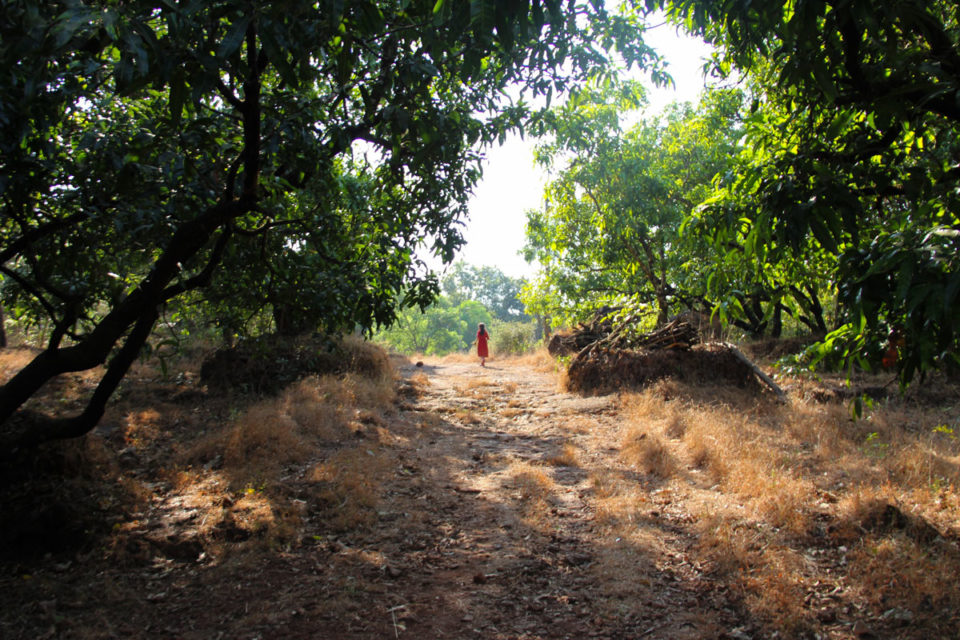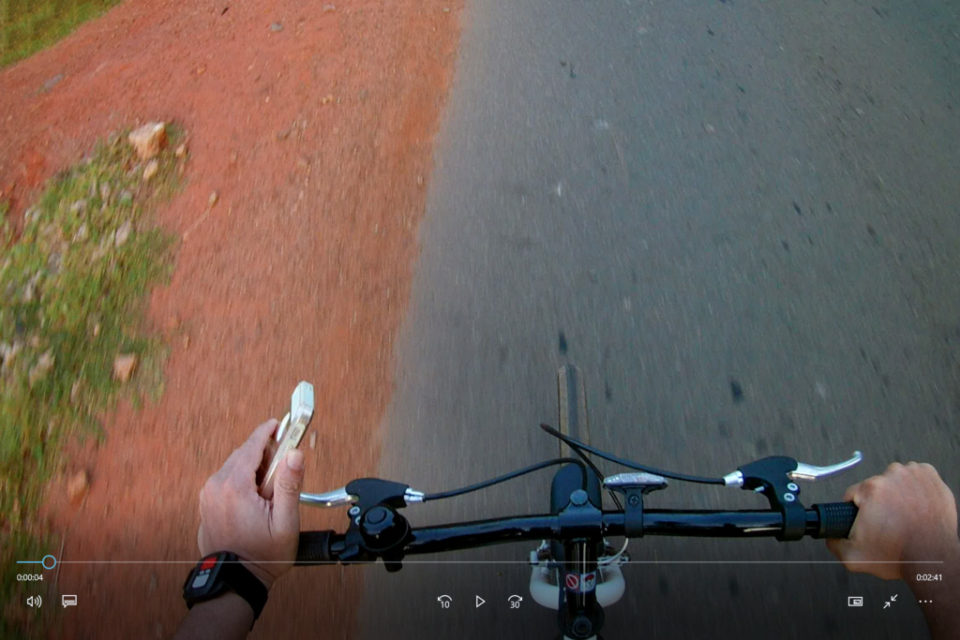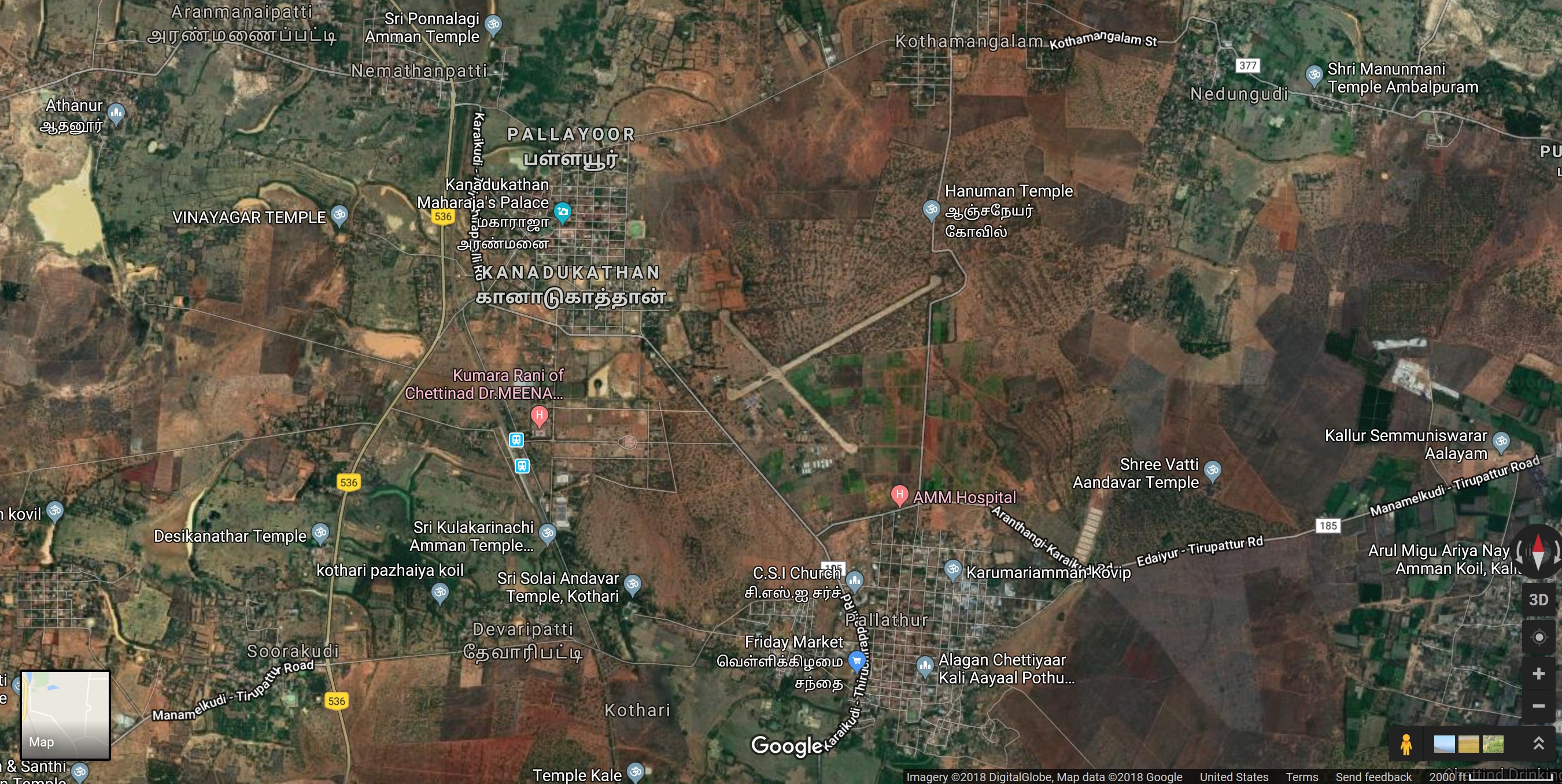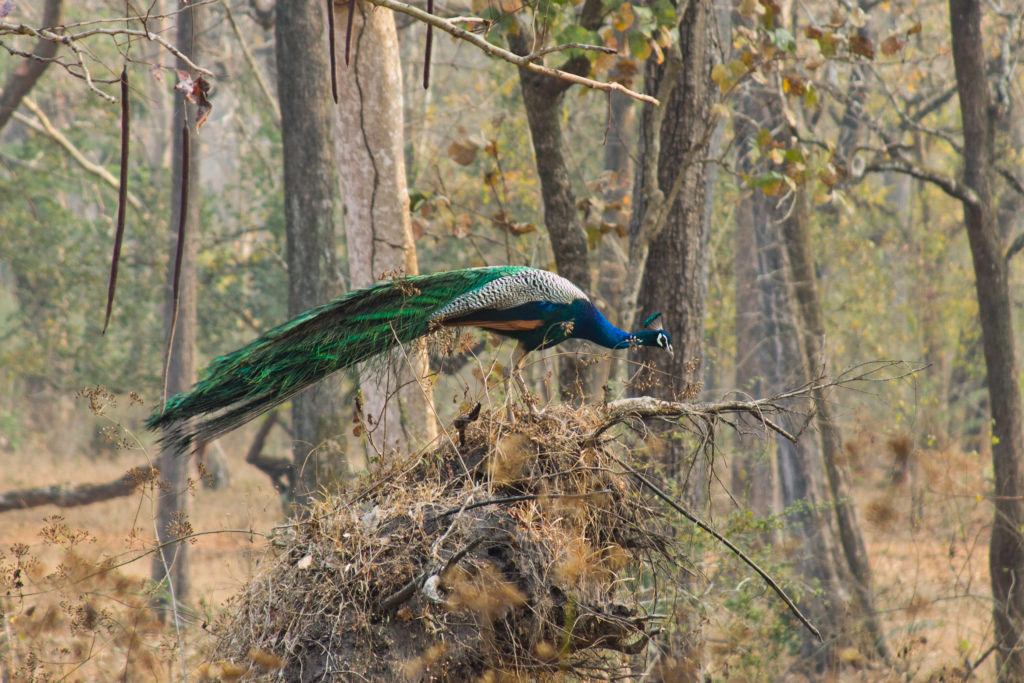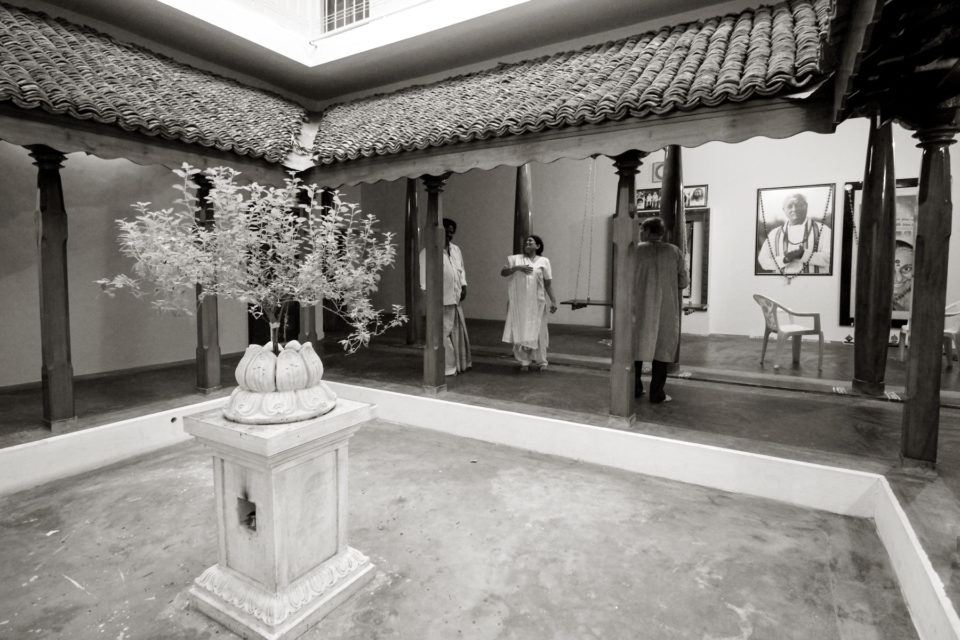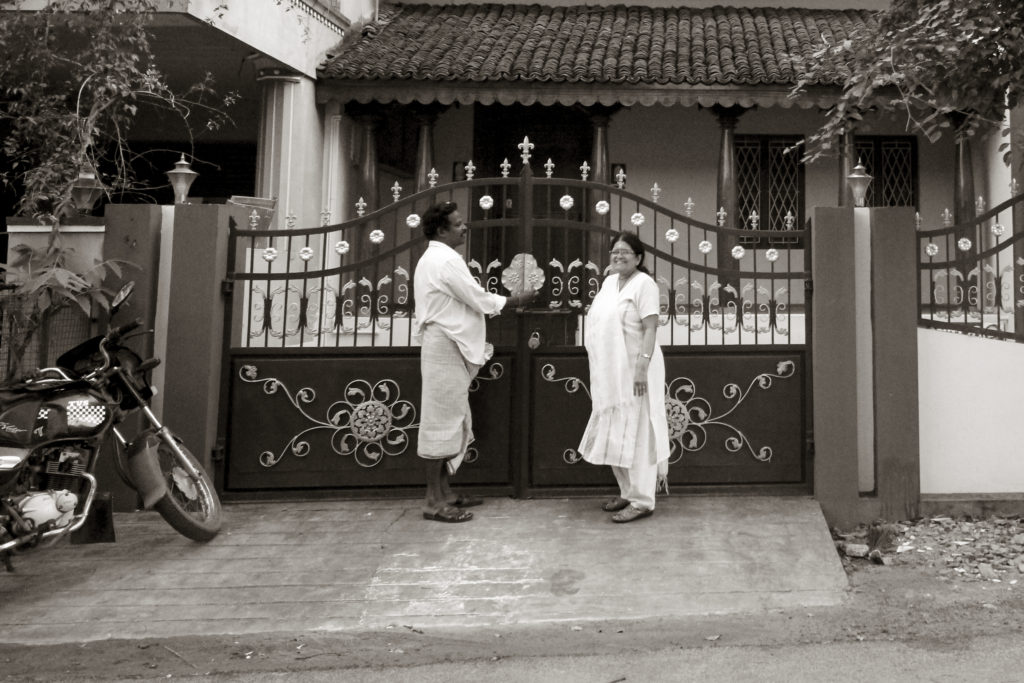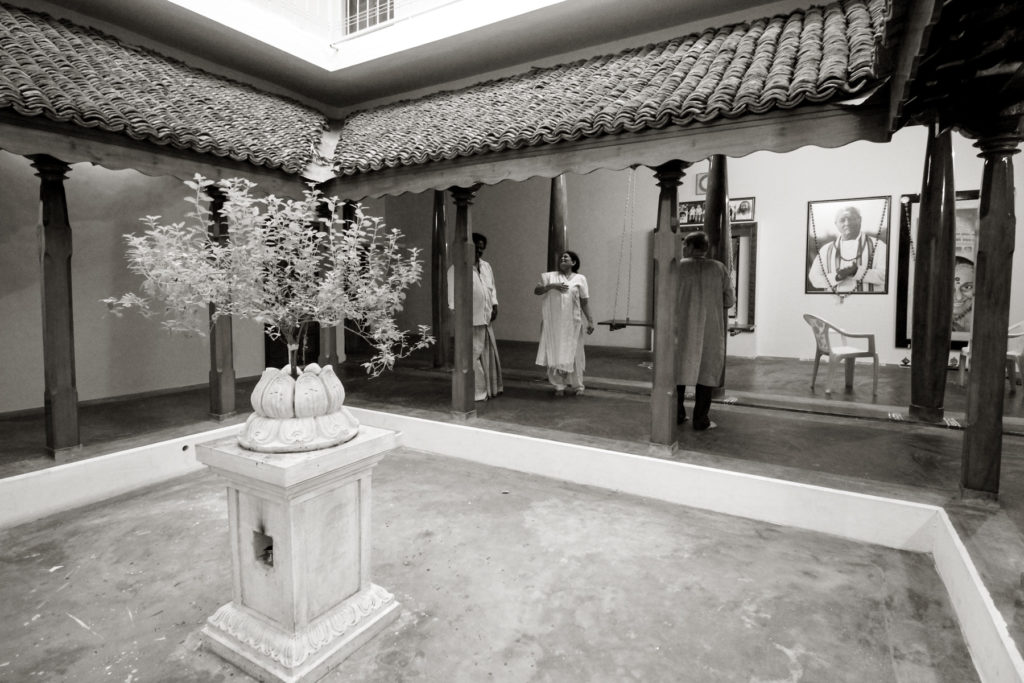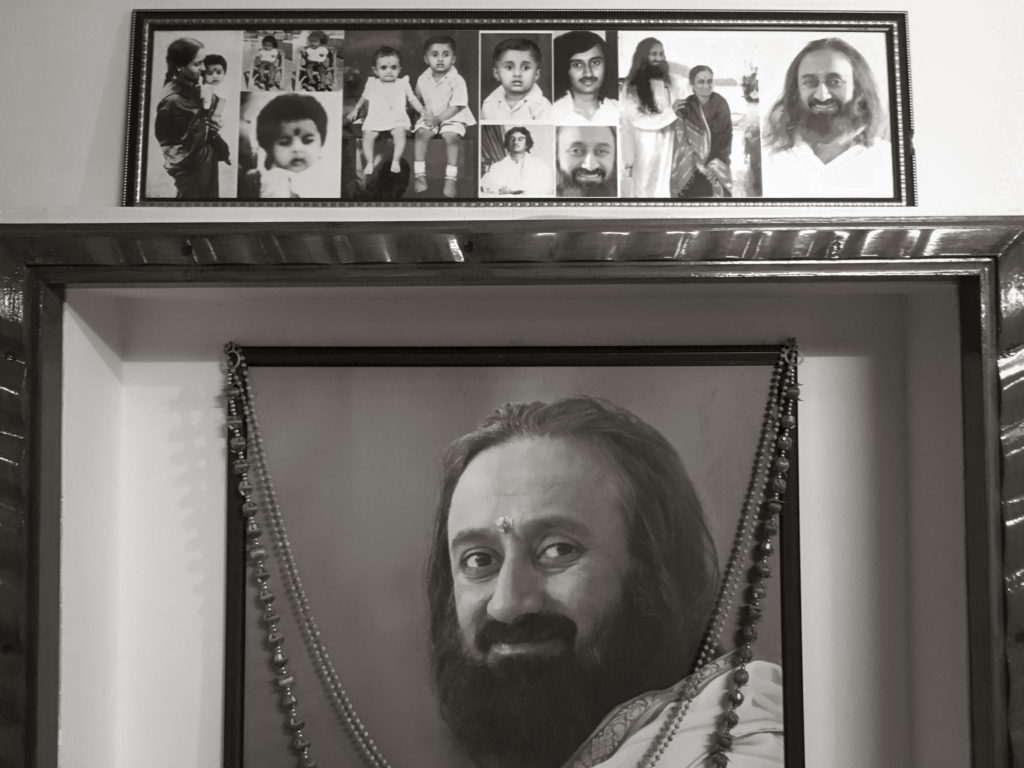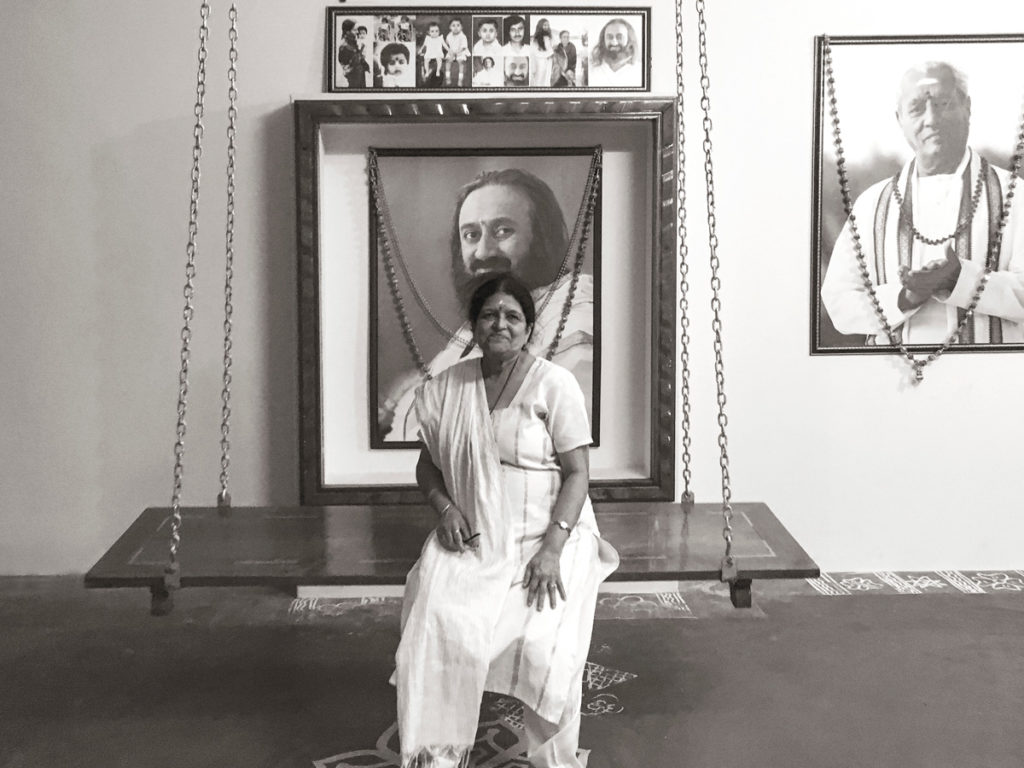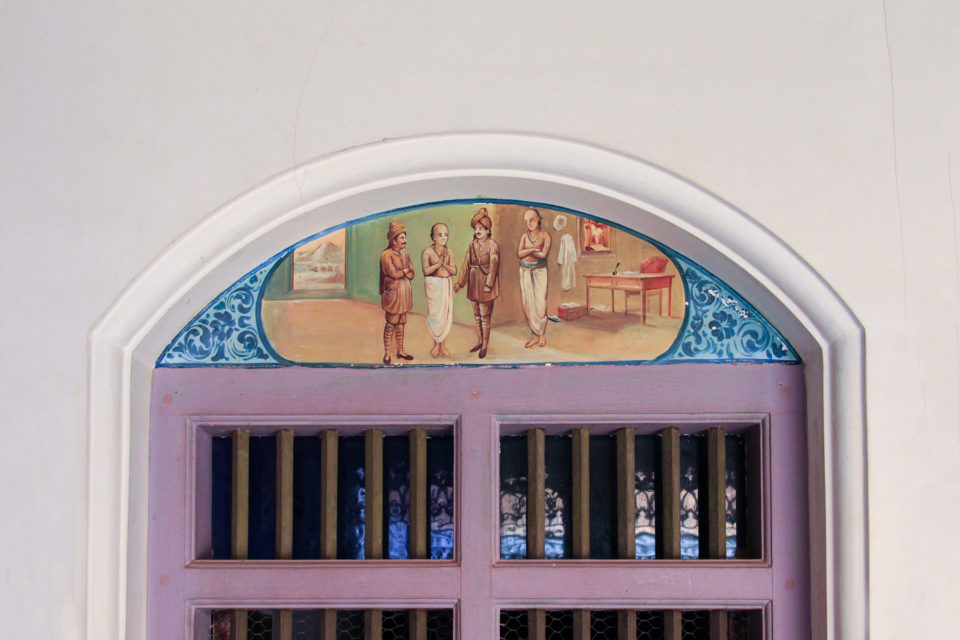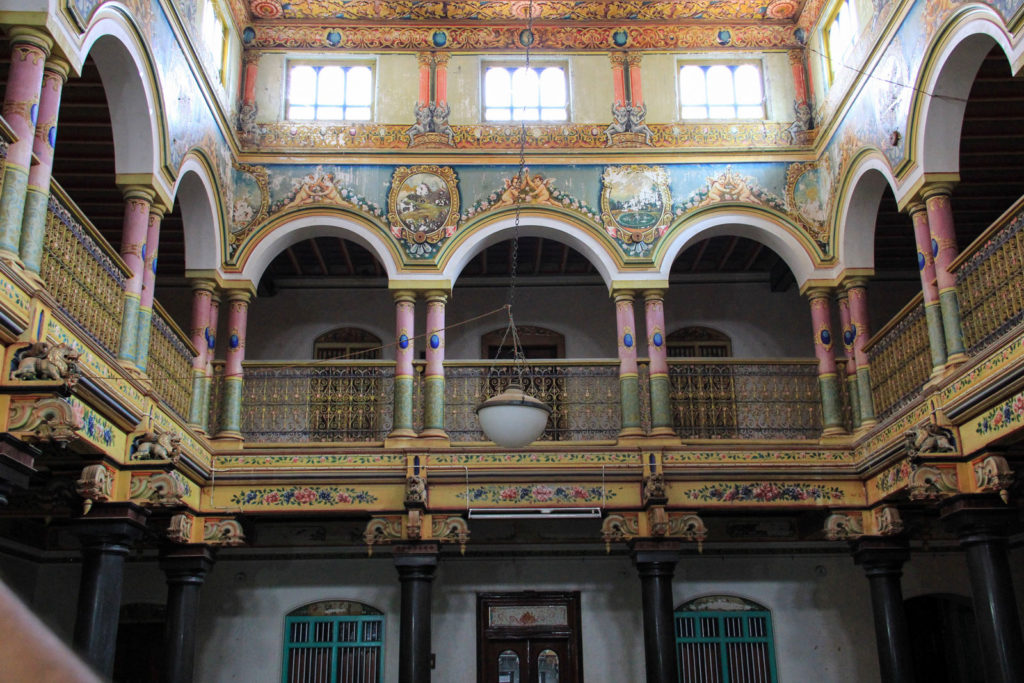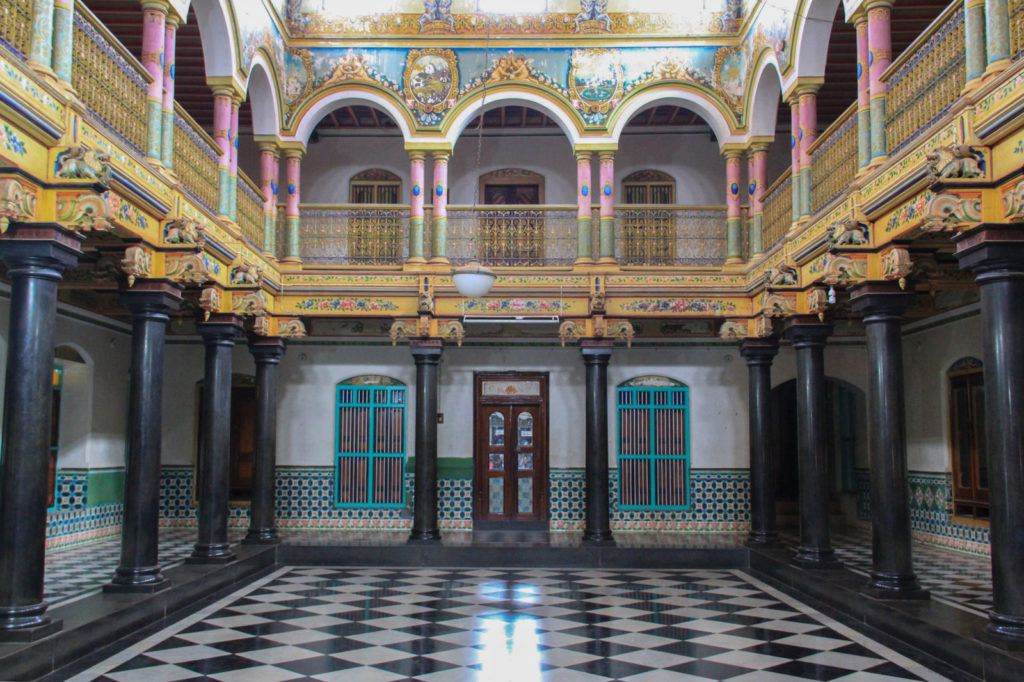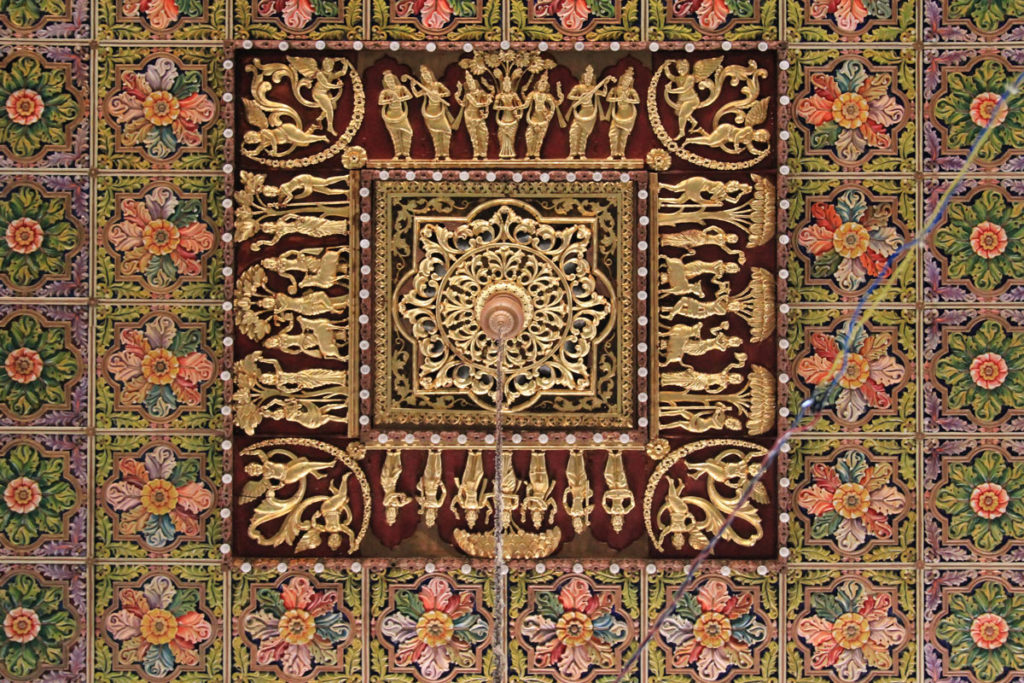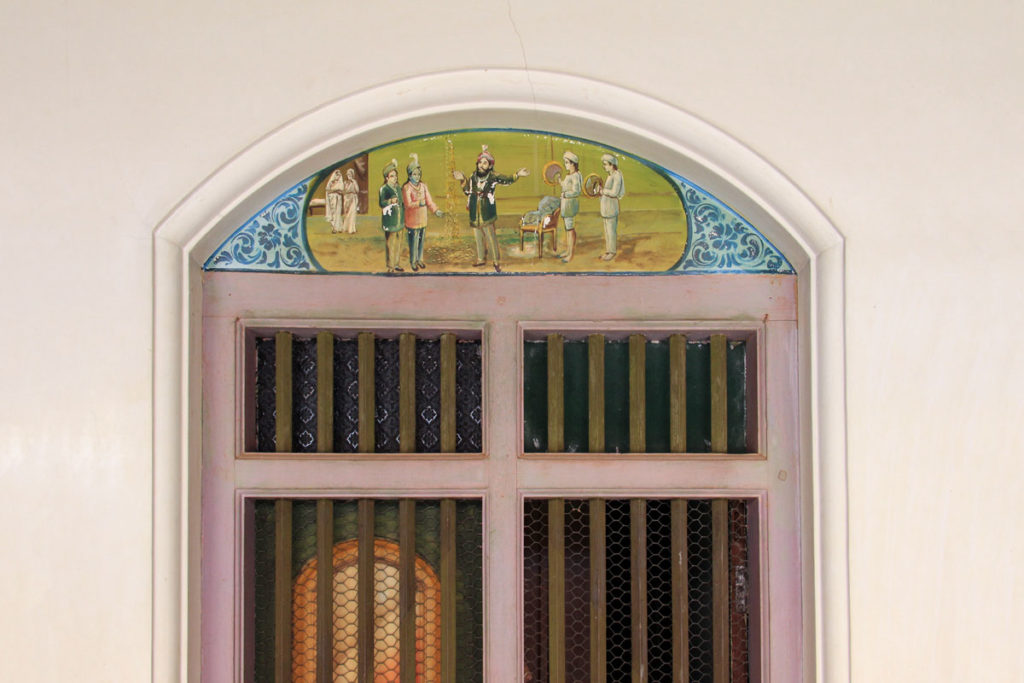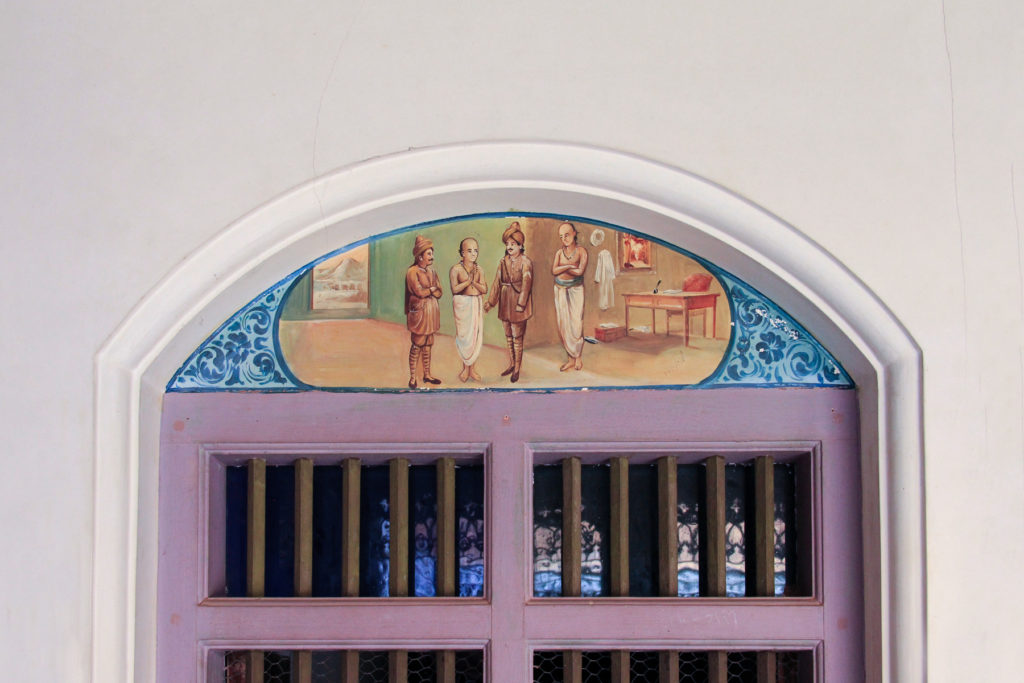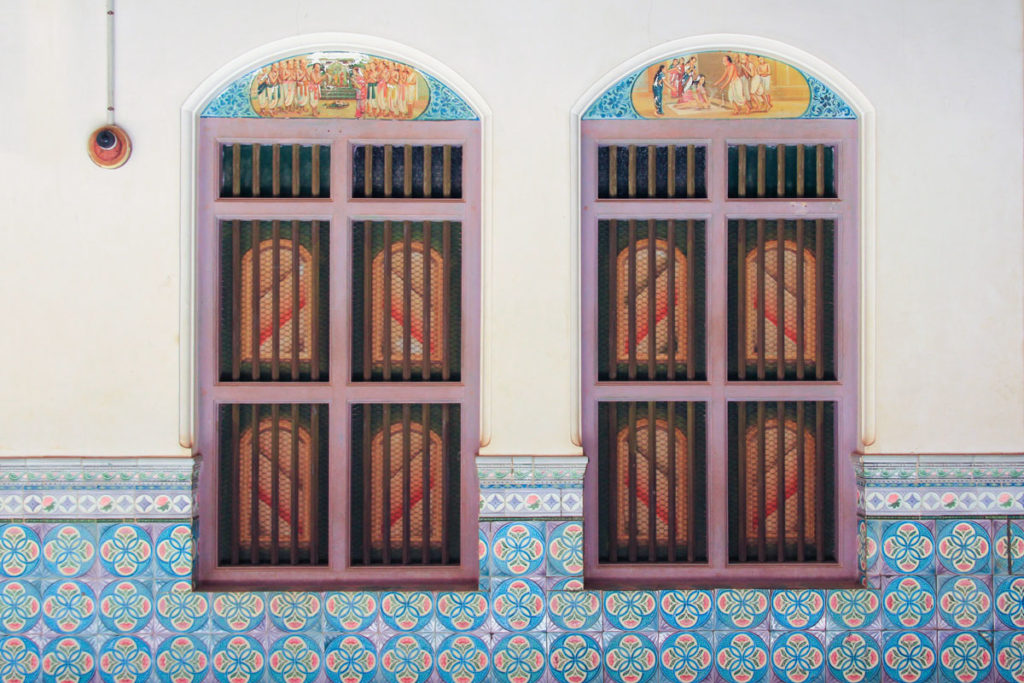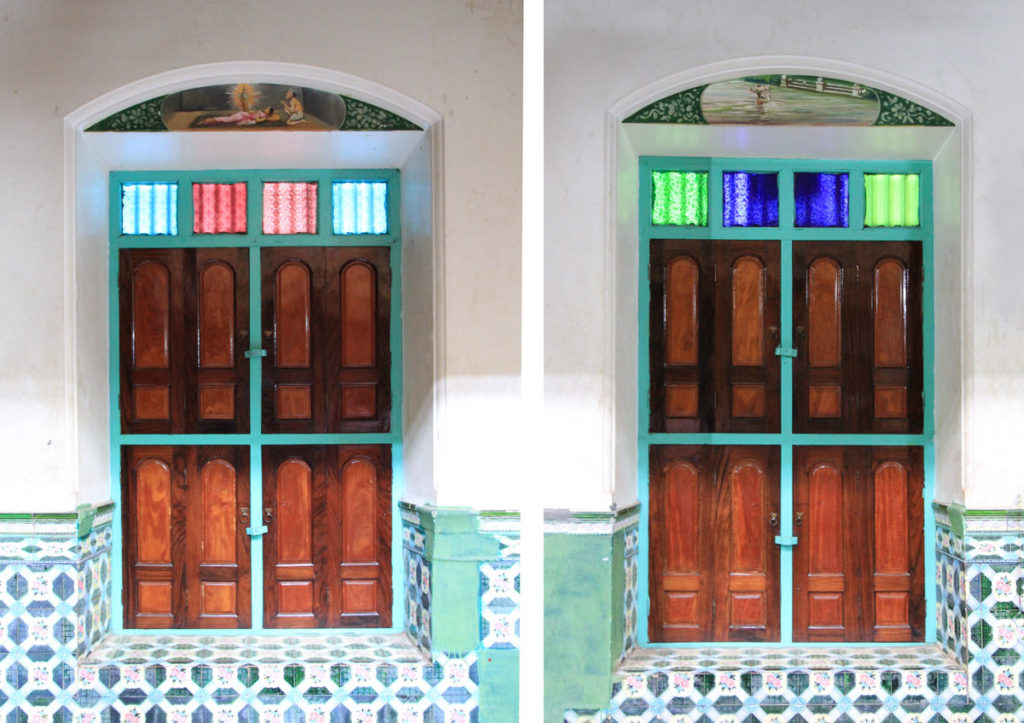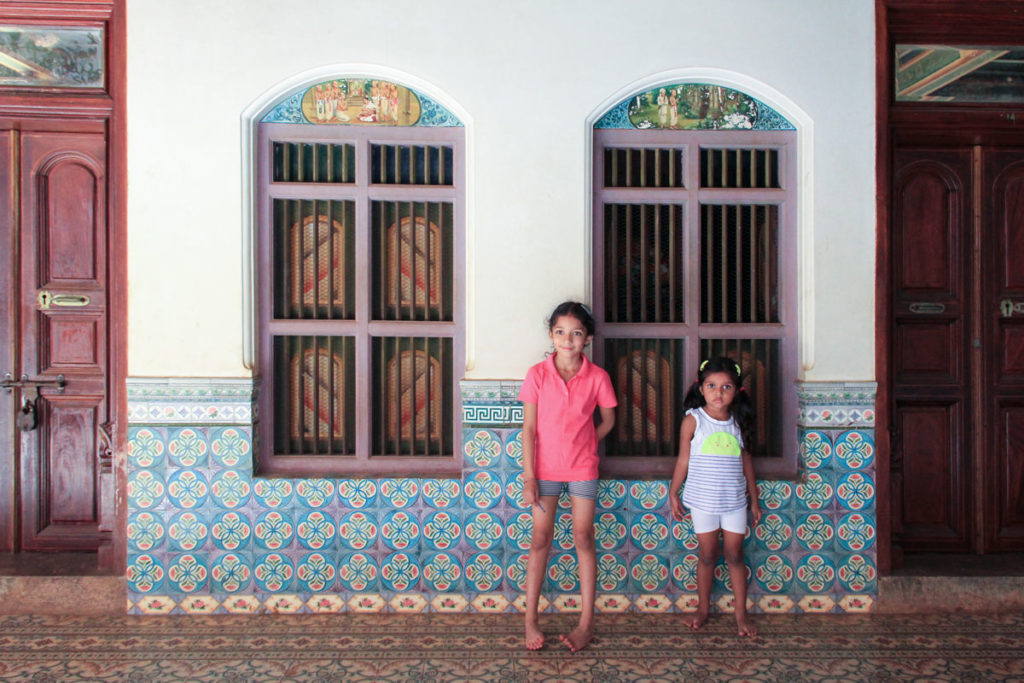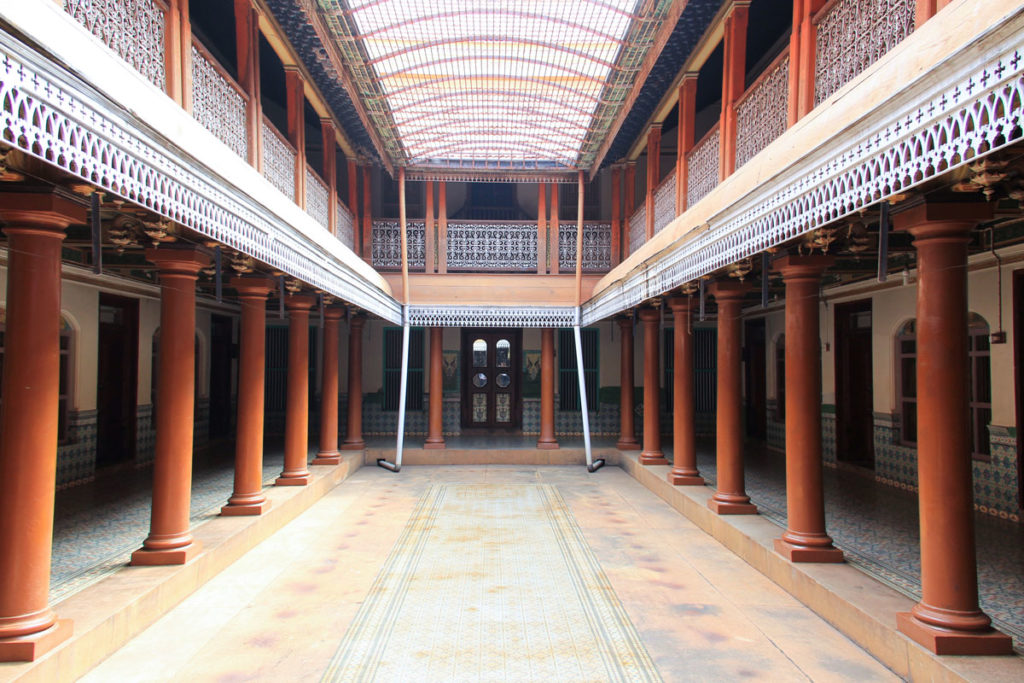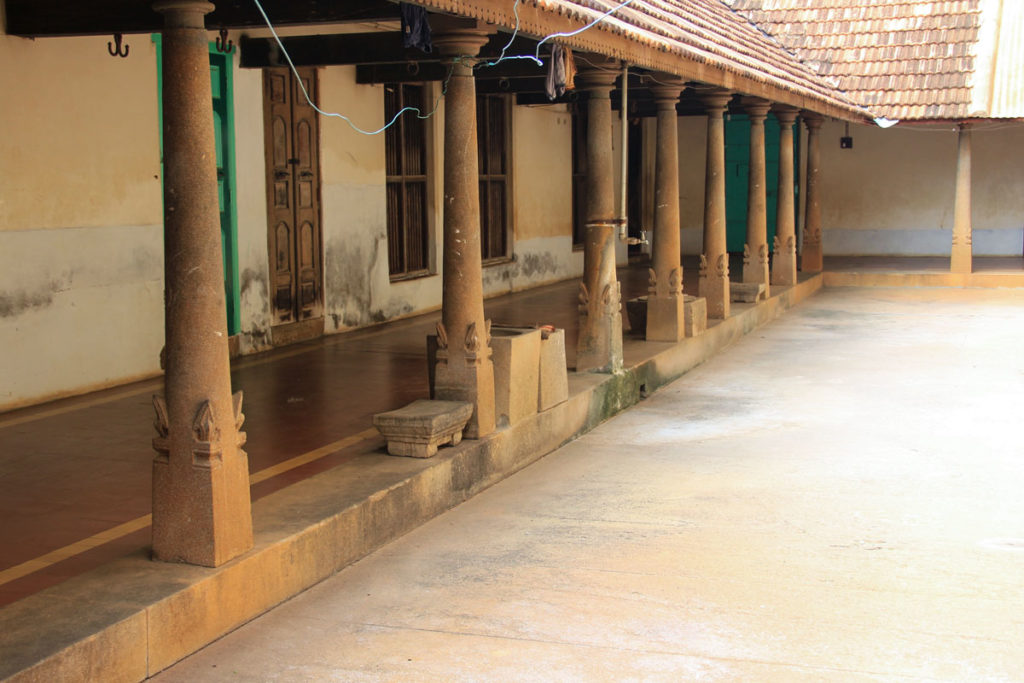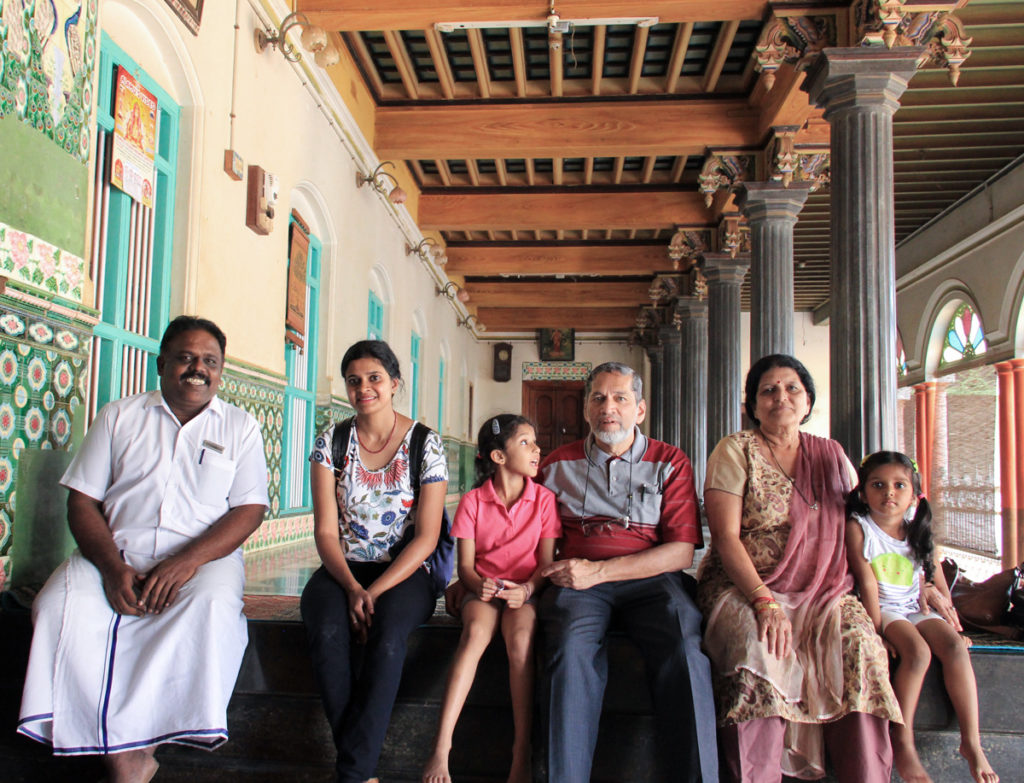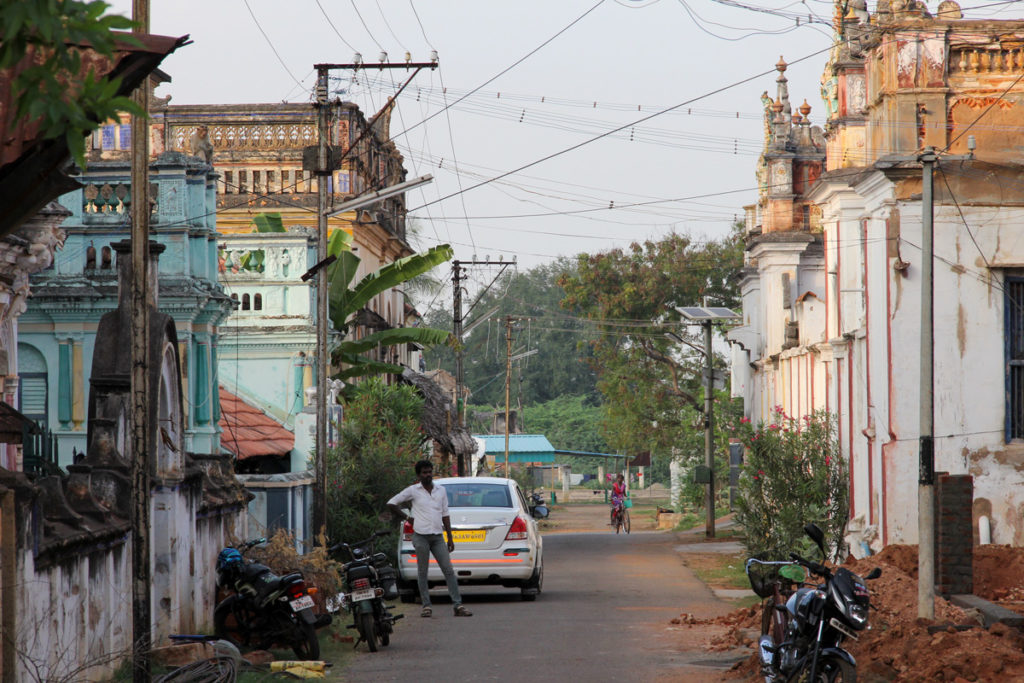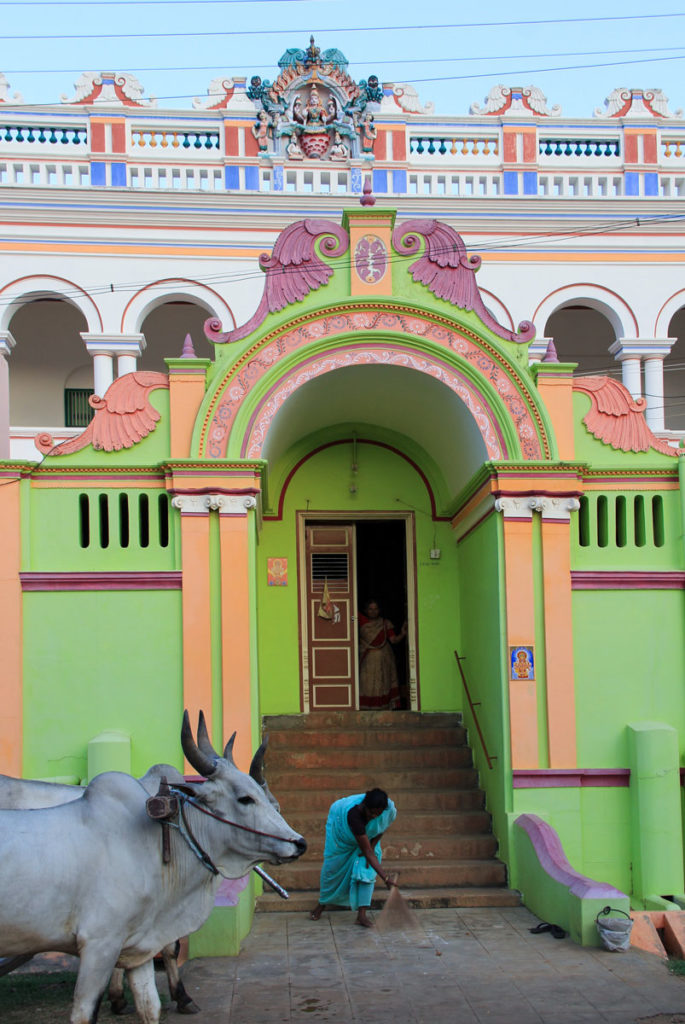An 8362 mile-long journey to know who I am.
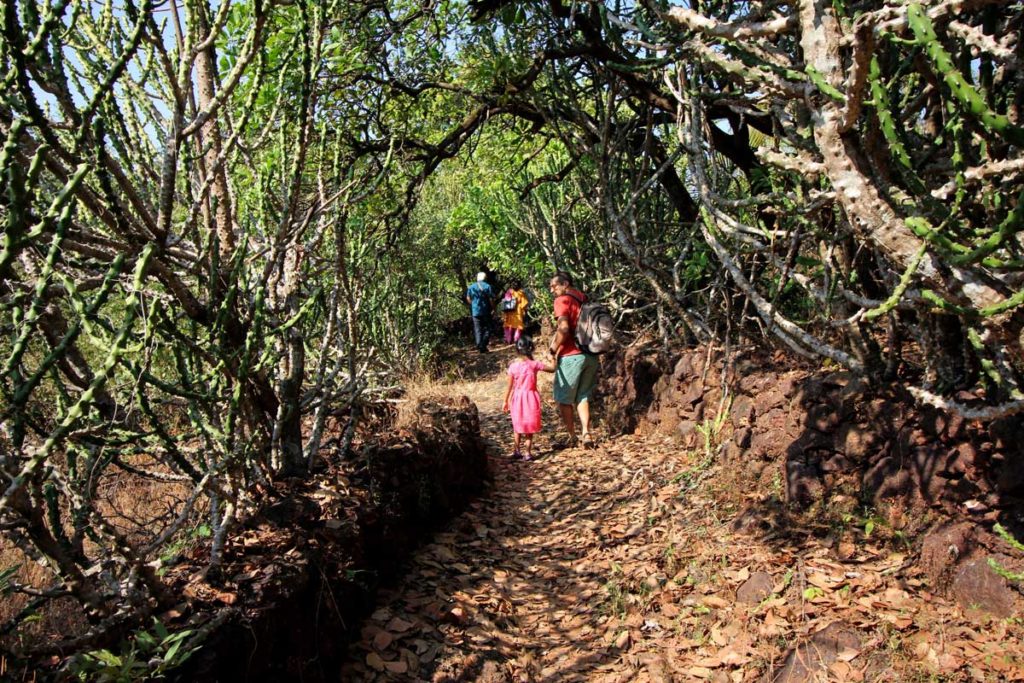
I am an American, but my parents came from India to America to study when they were young. My grandparents still live in India, so we go to India once every year to meet my grandparents.
During our annual trip, I visit a different place in India with my family. We have seen many ancient temples, palaces, forts, and forests. Last year my grandpa wanted me to visit the village where his father, my great grandfather used to live. He used to live in a village in Konkan.
I and my family went to Konkan by train. We took the train from Mumbai. The train journey began in a big busy city but as the train left the city, I saw many small villages pass by from the window. It felt like the train was time traveling to a place different from my modern life. The villages had huts and I saw people walking or riding bicycles instead of cars. Where the train stopped I saw people were wearing simple clothes. It felt like we had traveled to the past.
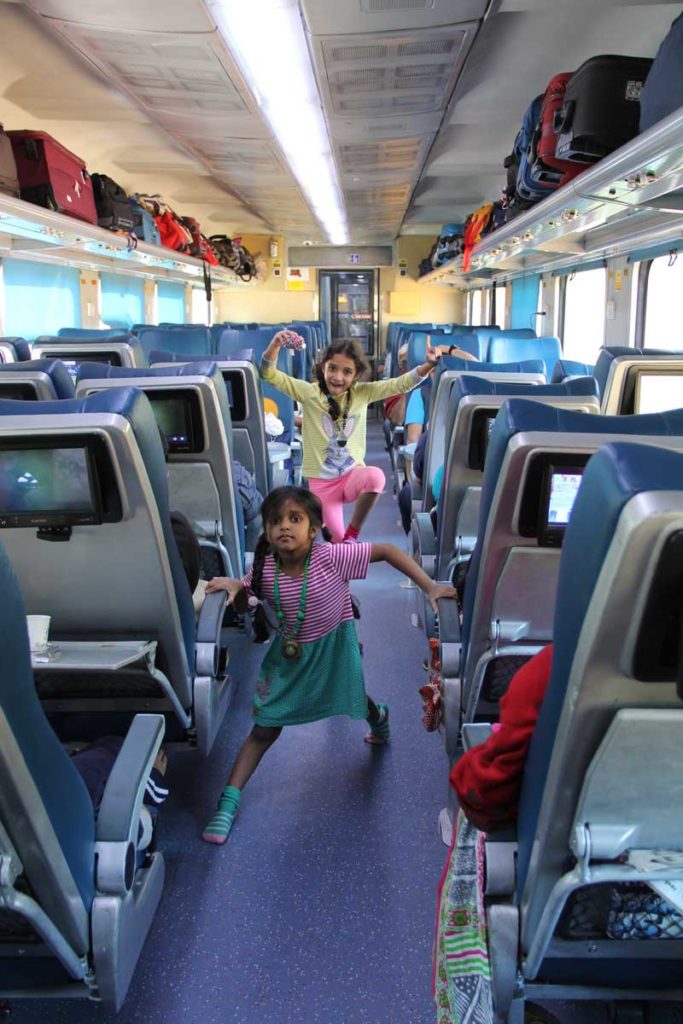
Konkan is a place known for its beaches, forests, forts, seafood, and mangoes. Not many people live there because there are not many activities to do for people to make a living. It is a remote and faraway place. My great grandfather lived there a long time ago, but now I have no family there.
My grandpa told me that life is difficult in Konkan so many people have moved to the city to live a comfortable life. My great grandfather had moved to Mumbai with his family for a better life.
I couldn’t understand what my grandpa meant by a difficult life because I think I have an easy life. I always get what I need and my parents take care of everything. Life for an 8-year-old like me is pretty easy.
Luckily, my grandpa had an idea. To help me understand what a difficult life means, he took me to see the Ancient Konkan Museum. It was a very unusual museum in the open forest. The museum has recreated scenes using statues of people doing their daily activities.
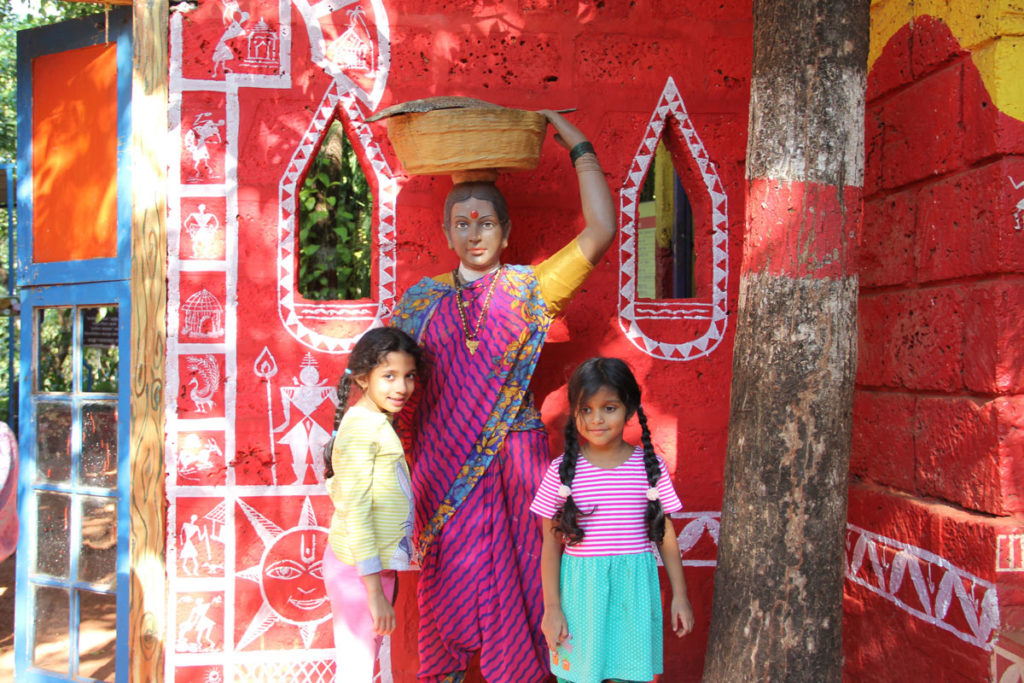
When my great grandfather lived in Konkan people in their village were given 12 jobs. All families followed their own jobs. If you were born in a family of a farmer, you would grow up to be a farmer. If you were born in a family of a potter you would grow up to be a potter. The most educated person would be the teacher. My great grandfather was the teacher in the village. Everybody lived in a community.
One of the scenes in the museum showed a woman making bread. A farmer grew the wheat. The woman of the house would grind the wheat in stone to make flour. Then she would knead the flour into a dough. She would roll the dough into bread and bake it in a wood fire. She was shown doing all this work by hand. In comparison, my mom goes to the store, buys bread, she cooks it and we all eat it. Easy!
My grandpa told me that life for kids in Konkan was also difficult. Kids did not have a lot of toys to play with or any devices, so they played in the forest. They climbed trees, ran in the woods and played with animals. Children would get bitten or stung by snakes, ants, and wasps. They would fall and get hurt very badly. I think life for kids in Konkan was dangerous but fun.
My grandpa told me that there was no electricity in the village. This means when the sunset people could not do their work because it was too dark. They would wake up early before sunrise and finished their day before the sunset.
After visiting the museum my grandpa took me to my great grandfather’s mango orchard. He had planted sweet Alphonso Mangoes when he lived in the village 100 years ago. We had to walk through a jungle of prickly cacti to reach the orchard on top of a hill. There were 80 trees he had planted and hundreds more were there in the valley. Since there was no water supply and electricity in the past my great grandfather got water from the river in a bucket and climbed the hill to water his young mango trees. He had planted the trees not for himself, but he wanted his future generations to eat the fruits. I couldn’t eat any mangoes because we were visiting in the wintertime. The mangoes are ripe only in the summer.
I saw a man was standing under a mango tree to scare away monkeys who would come to eat the mangoes. Tigers would come to eat the monkeys. I thought the man had a very hard job because he had to scare the tiger away with only a stick and risk his life to protect the entire village.
I felt like the trees were like my great grandfather. They were old and had thick, dark brown branches. If my great grandfather was alive he would be older than the trees — more than 100 years old. The trees give mangoes in the summer and I felt that just like the trees my great grandfather was very giving. My great grandfather was a teacher so he gave the gift of education to others in the village. The mango trees are still growing and thriving today just like my family tree is.
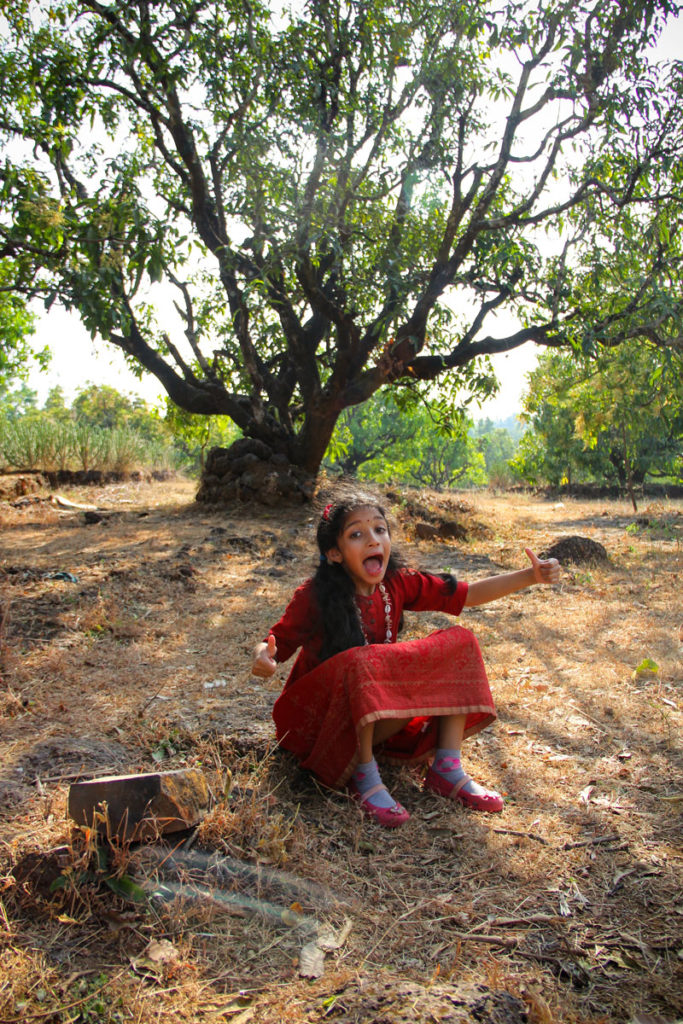
If my great grandfather hadn’t planted the mango trees, I wouldn’t have the reason to come so far away from my home in America on a trip with my family. I wouldn’t have known about my past. Maybe my great grandfather did not just plant trees 100 years ago just for the mangoes. He planted them for my memories.



